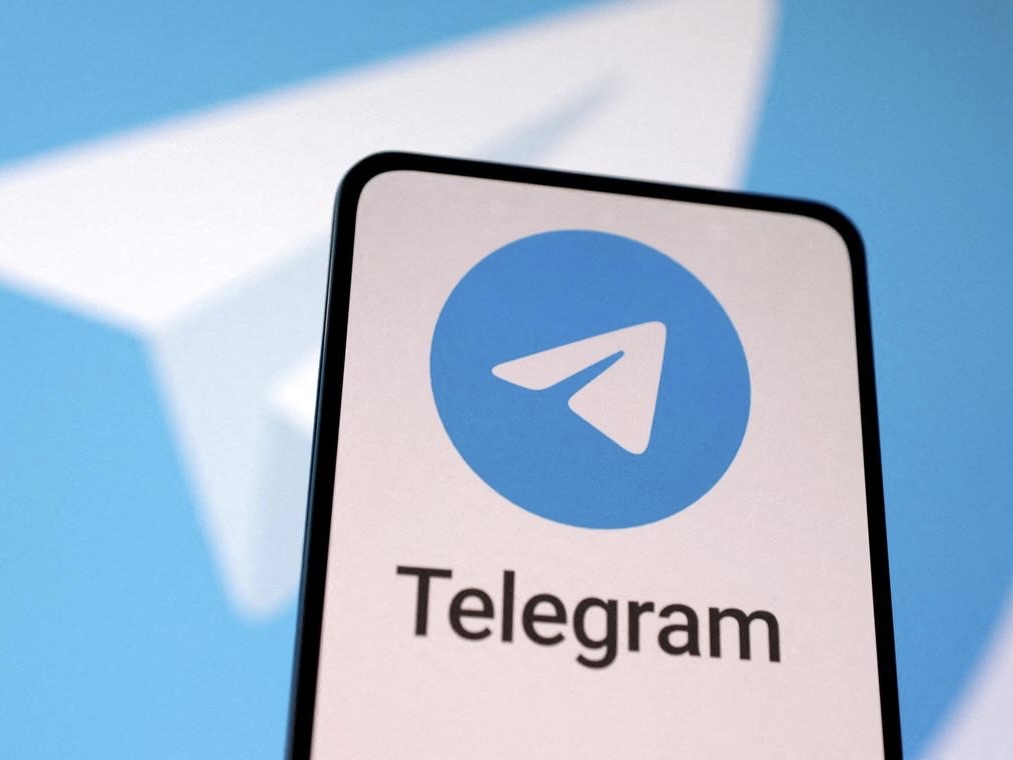- Malaysia’s regulator obtains court order to block two Telegram channels Spread of harmful content may hurt public trust.
- Interim injunction prevents reposting until Telegram defends itself, under new social media licensing
What happened: Telegram Channels Face Legal Injunction in Malaysia
Malaysia’s Communications and Multimedia Commission (MCMC) obtained a temporary injunction from the High Court on June 19, 2025, ordering messaging platform Telegram and two specific channels, Edisi Siasat and Edisi Khas, to halt posting alleged harmful content. This injunction targets material that regulators say could erode public trust in national institutions and threaten societal harmony, although the exact nature of the content has not been disclosed.
The order bans further publication or republication of flagged content, pending Telegram’s defense. MCMC states that Telegram will have a fair opportunity to respond, respecting justice and fundamental rights.
Also Read: Interview with Dr. Mohamed Awang Lah: Malaysia’s first Internet service provider
Also Read: Malaysia’s new social media license targets cyber offences
Why it is important
The court order marks one of Malaysia’s most assertive interventions against a global digital platform. It signals a growing regulatory appetite across Southeast Asia, where governments are becoming more vocal about platform responsibility. By invoking national laws and demanding accountability from Telegram, Malaysia reinforces the message that global tech companies can no longer operate in legal grey zones.
Telegram has long promoted its stance as a free speech–friendly platform with minimal moderation. However, this model is now under pressure globally. Governments argue that platforms must act against misinformation, scams, and hate speech. Malaysia’s injunction could serve as a template for others to follow, particularly in nations concerned with social cohesion and national image.
With Malaysia enforcing its new licensing law for platforms exceeding 8 million users, tech firms face a turning point in Asia-Pacific compliance. Unlike the EU’s GDPR or the U.S. Section 230, Asian regulators are leaning toward interventionist models. Platforms that resist local compliance—like Telegram—may risk service restrictions, reputational damage, or permanent bans if they fail to engage regulators proactively.

